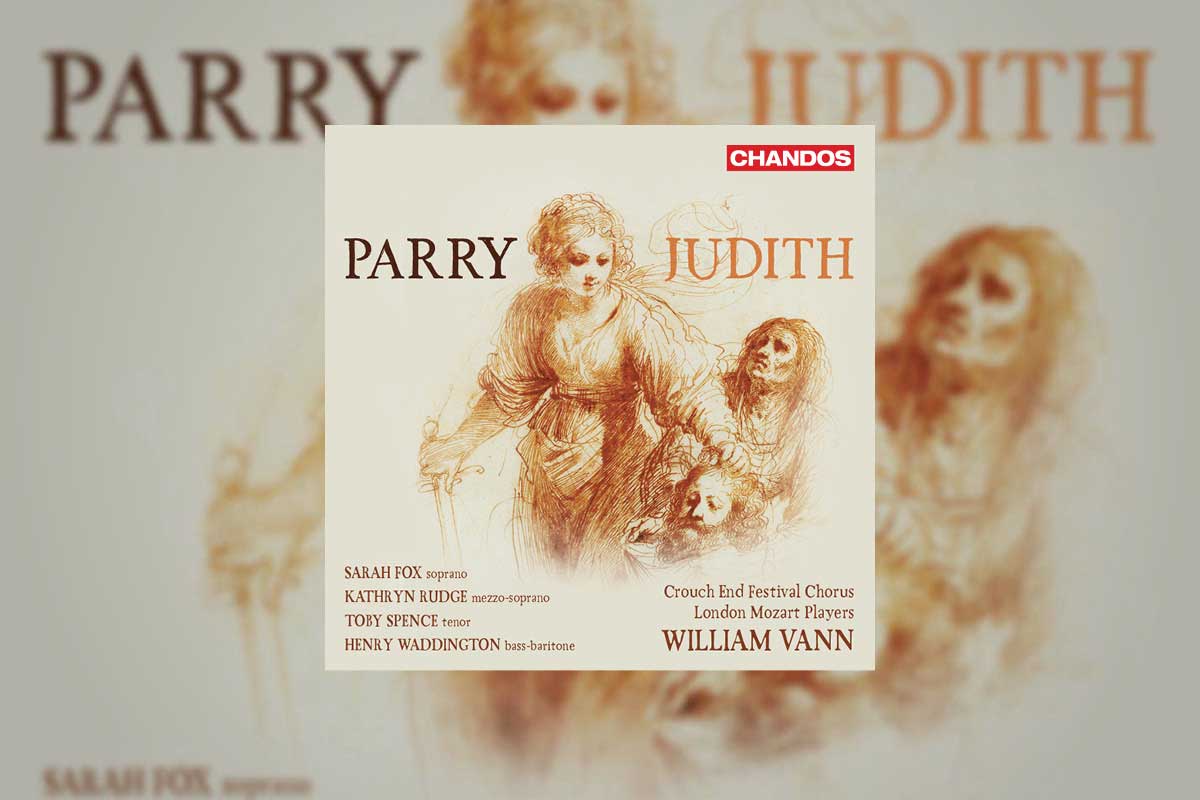Once seen, never forgotten: such is the visceral power of Caravaggio’s image of a young Judith severing the head of a shocked Holofernes. It is possible that Parry was familiar with this image and others like it, as his father had a keen interest in early Italian art.
In any event, despite his aversion to mainstream Christianity, Parry was encouraged by the 1888 Birmingham Music Festival to produce an oratorio on a biblical theme. The result was Judith. Cast in two acts, the subject matter is blood-thirsty: the first deals with the sacrifice of the children of King Manasseh to the god Moloch and the second depicts with the rout of the Assyrian invasion of Jerusalem and the decapitation of Holofernes by Judith.

Apart from the notable exception of George Bernard Shaw, audiences and critics warmed to Judith, but in the 20th century Parry’s music went out of favour; the critic RO Morris labelling Parry’s oratorios “noble failures”. In our own time scholars such as Jeremy Dibble (who contributes excellent notes to this recording) have done much to revive the composer’s reputation.
Eschewing the influence of Wagner and not yet knowing the exotic influences...










Comments
Log in to join the conversation.